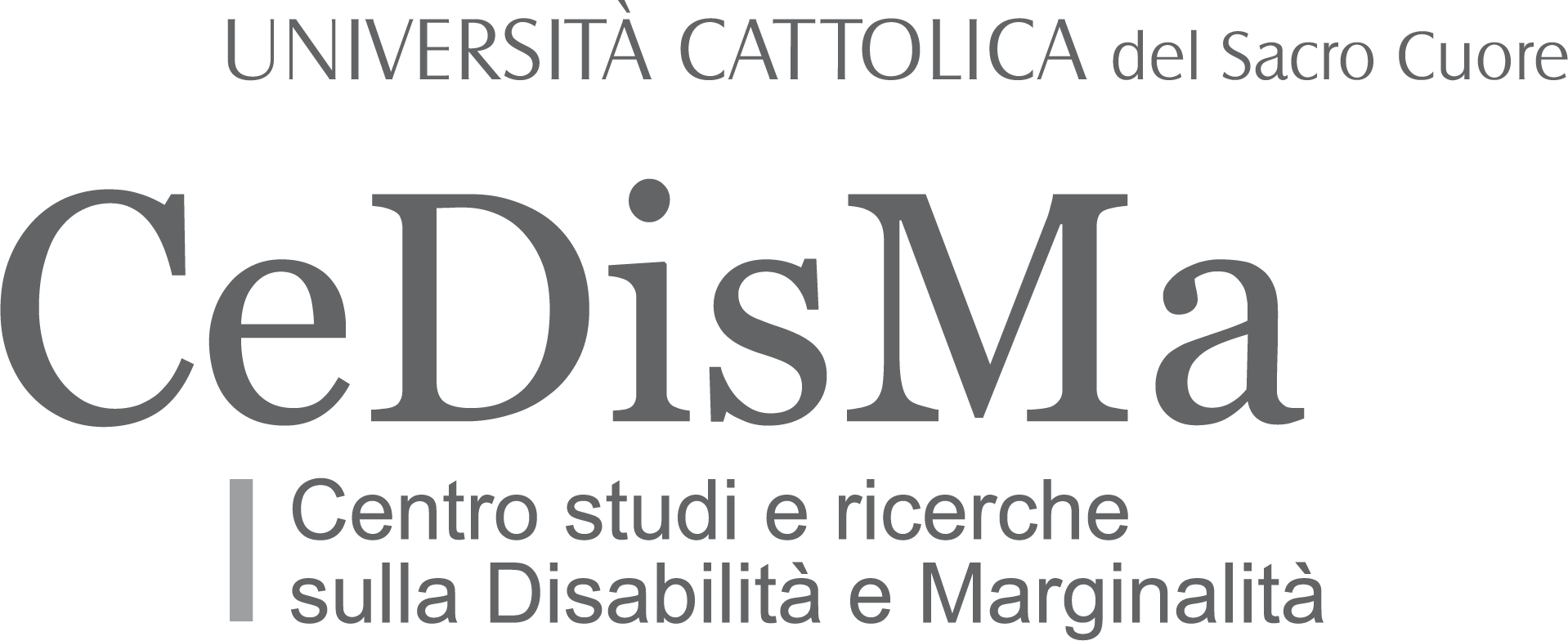The book questions a crucial issue for schools of all levels: how to succeed in proposing educational and didactic paths that are effective for all students, despite the high heterogeneity that characterises each school grade. The complexity of students’ personal needs is exploding and only marginally affects pupils with deficits. It is no longer possible to think of the class as a collection of ‘normal’ pupils that also includes some ‘special’ ones: learning difficulties, socio-economic hardship, behavioural or emotional problems, second-generation immigration make the special nature of educational needs the rule, not the exception. Differentiating educational pathways then becomes the only possible response to meet the challenge thrown down by inclusion to our institutions: not simply making room for differences in order to integrate them, but affirming them, enhancing them, making them the focus of educational action. Illustrating the theoretical foundations and taking his cue from the most recent results of scientific research, the author then describes the methodology of differentiated instruction, clarifying the types and methods of its implementation in the classroom and providing ideas for illustrative activities that can be easily transferred to different contexts.
- Author: Luigi d’Alonzo
- Title: Teaching differentiation for inclusion
- Publisher: Erickson
- Series: Le guide
- Publication date: January 2017





